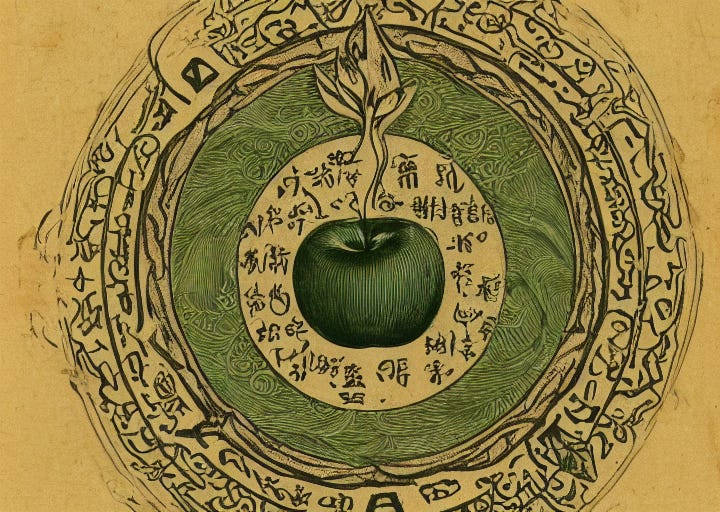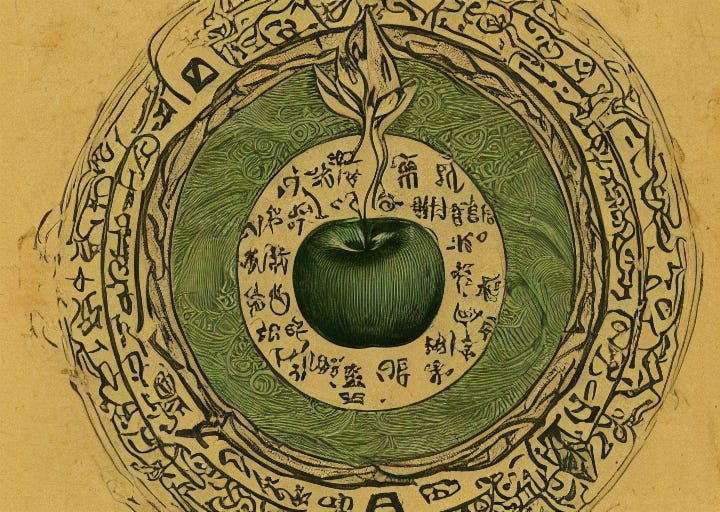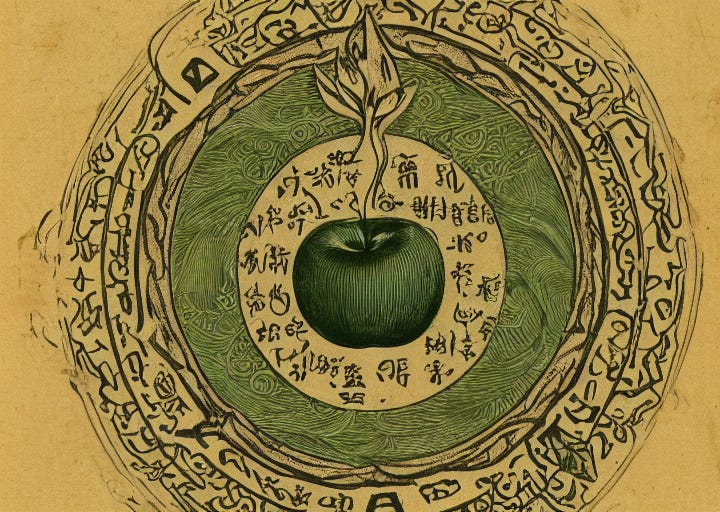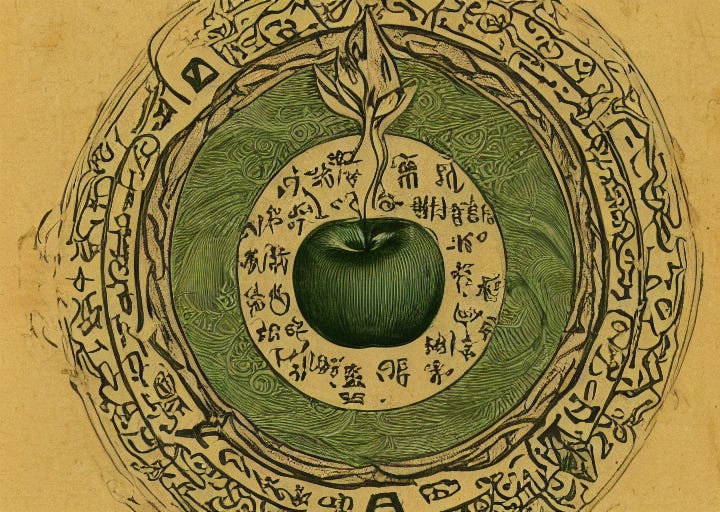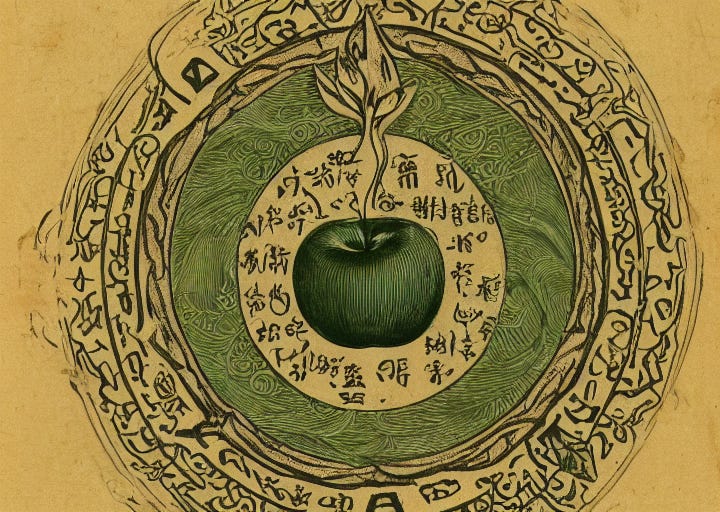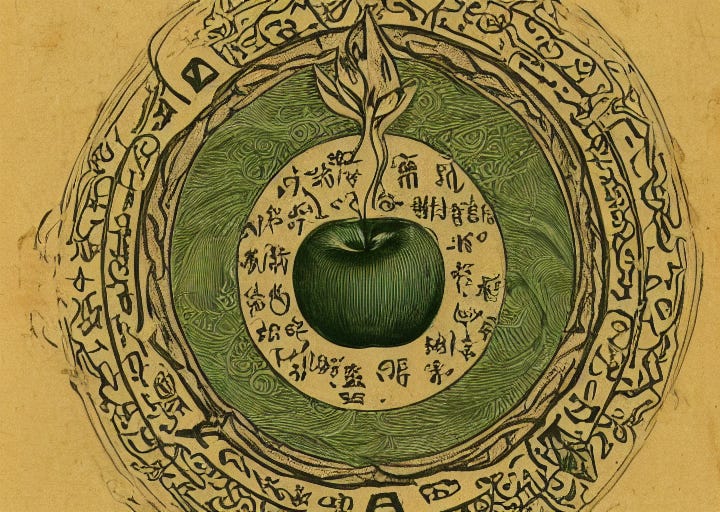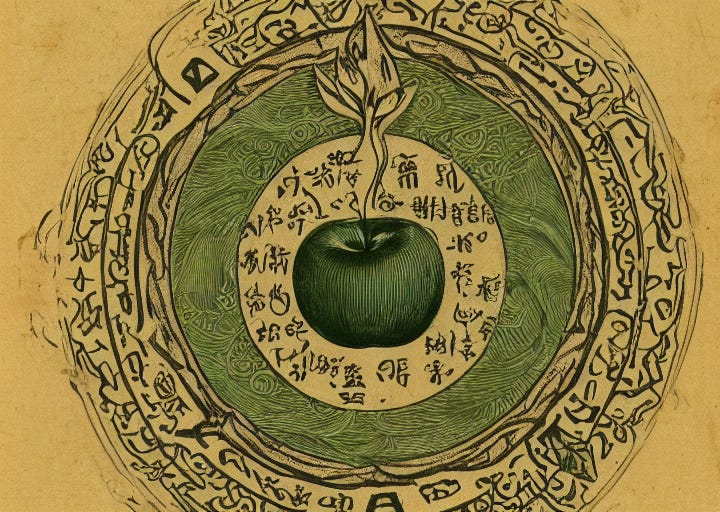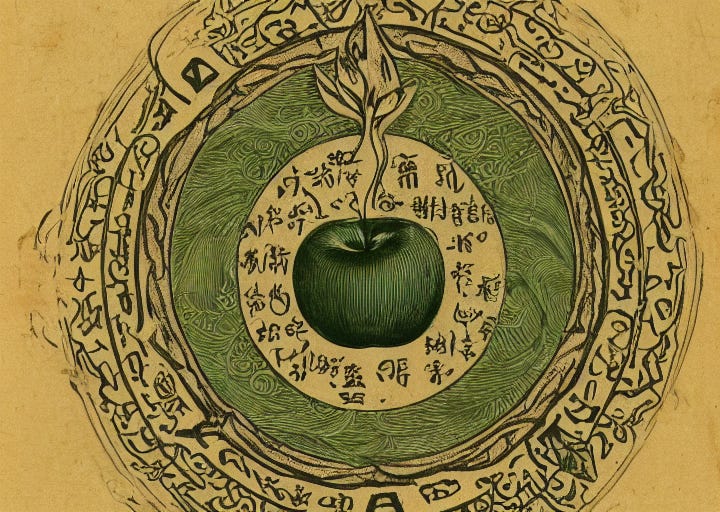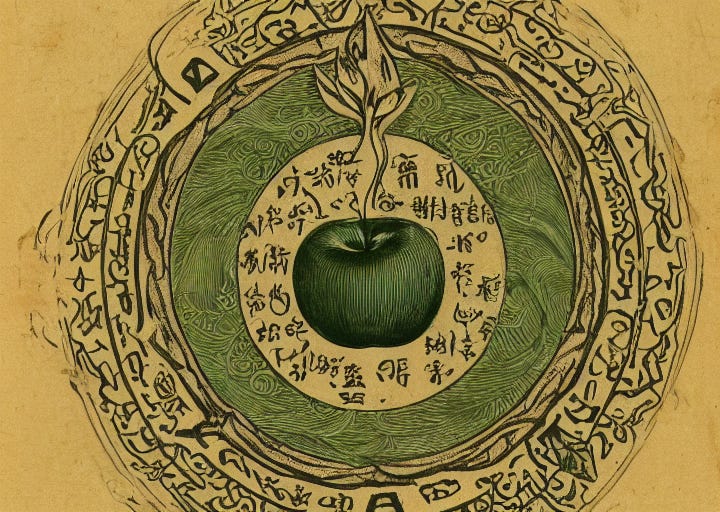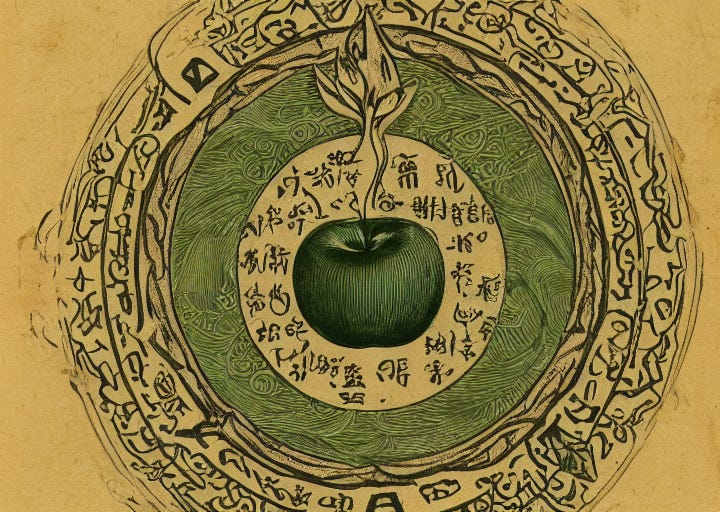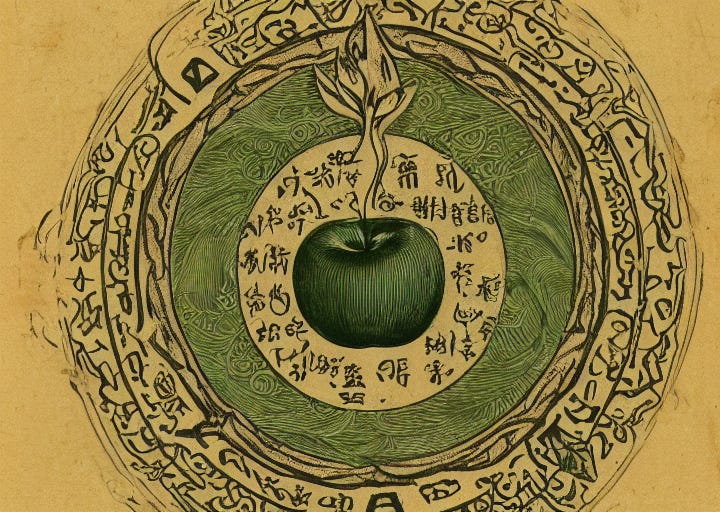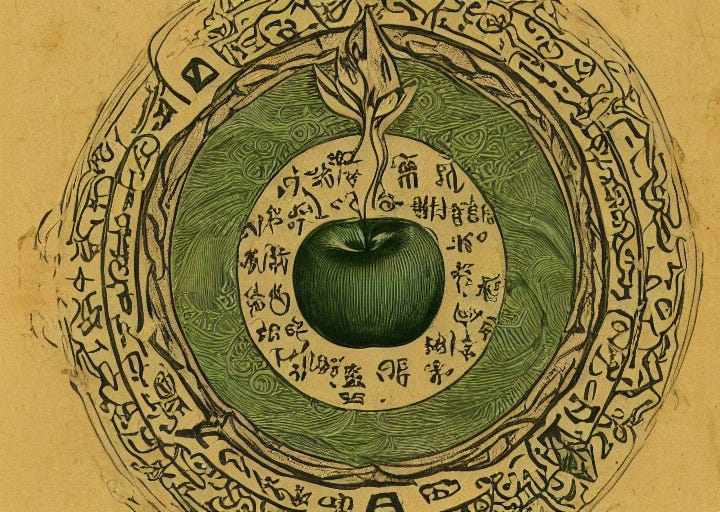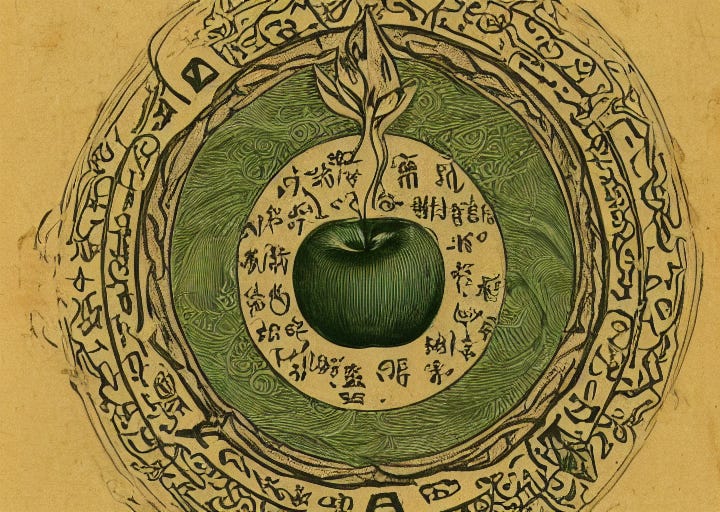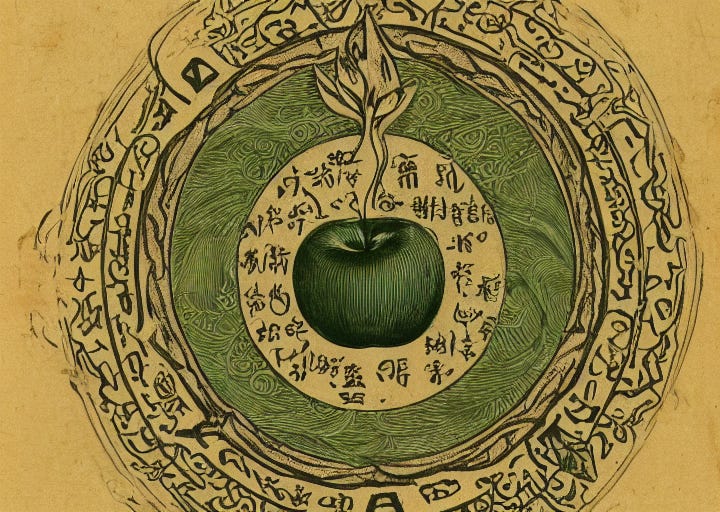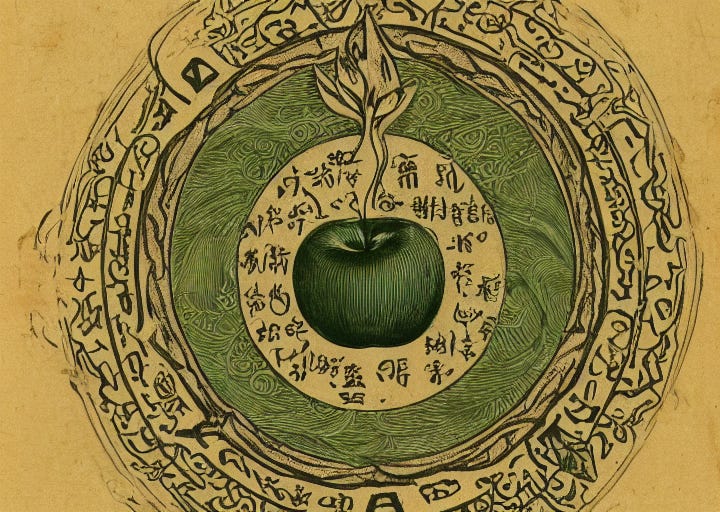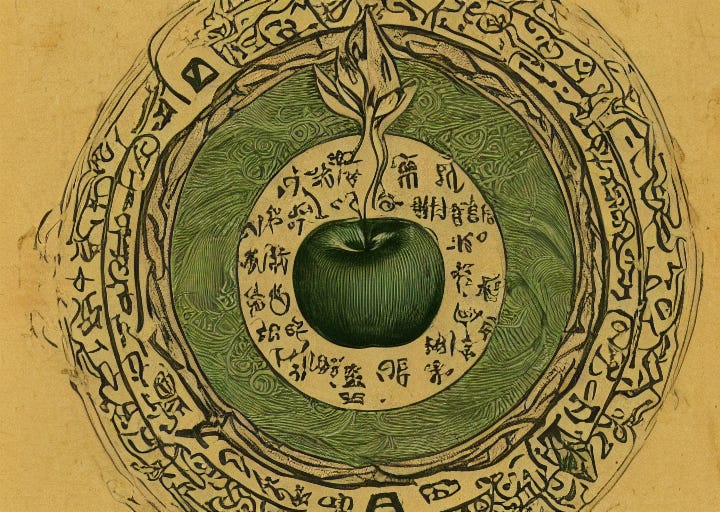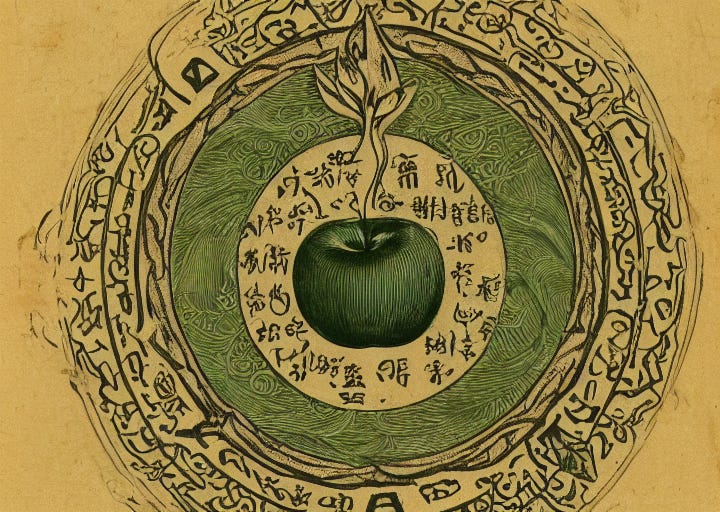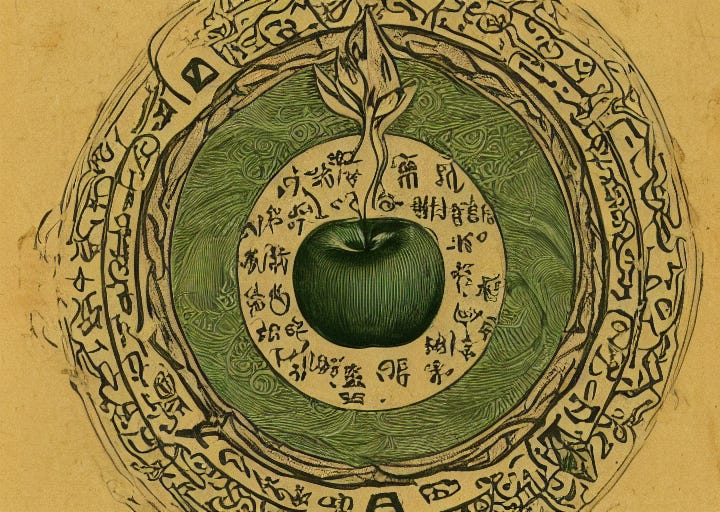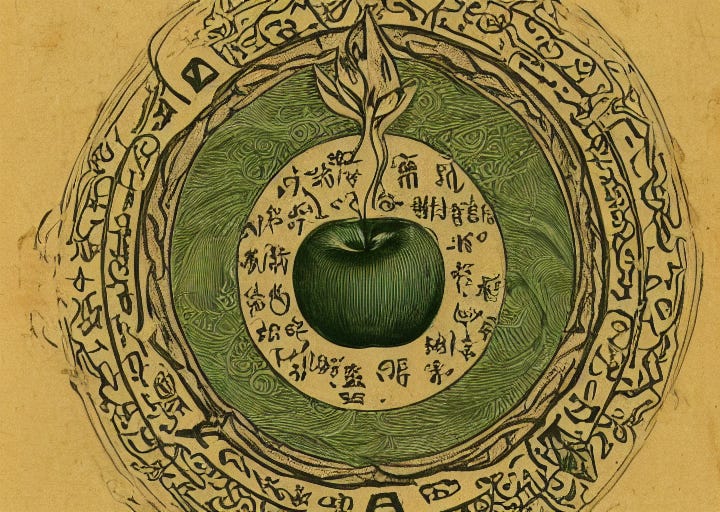 Ep. 16/44 — Teonanácatl: “The Flesh of the Gods”
Ep. 16/44 — Teonanácatl: “The Flesh of the Gods”
Description
This episode is designed for educational and artistic purposes only, to inform mature audiences. It explores ideas related to various substances and must not be interpreted as promoting illegal use or activities. Readers are responsible for knowing and complying with local laws. If you or someone you know is struggling with mental health, substance use, or addiction, please seek help from a qualified healthcare professional or contact a local support service.
Among the Mazatec, mushrooms are not objects; they are beings.Teonanácatl — the Nahuatl name meaning “the flesh of the gods” — entered ceremony as sacrament, medicine, and dialogue. In candle-lit veladas, curanderas and curanderos sang in Mazatec, pairing mushrooms to honor balance, seeking diagnosis, guidance, and healing rather than spectacle.
From Sahagún’s accounts of Aztec festivals to carved “mushroom stones” and debated rock art, the human story keeps circling the same intuition: fungi as thresholds — not for escape, but for encounter. Centuries later, colonial suppression tried to silence these rites; yet the songs survived in whispers. The twentieth century’s “rediscovery” — Wasson’s Life article, María Sabina’s veladas, Hofmann’s synthesis — brought psilocybin to science while fracturing the worlds that had carried it.
This episode asks how we remember rightly: with context, consent, and reciprocity.
🔎 In this episode, we explore:
* Mazatec practice & meaning: veladas, paired mushrooms, healing aims, prayer in Mazatec.
* Mesoamerican lineages: Aztec codices, “mushroom stones,” ritual pairings with pulque; continuity in Mixtec/Zapotec/Mazatec oral histories.
* Traces & debates: Tassili n’Ajjer and Selva Pascuala rock art (what we can and cannot conclude); Siberian Amanita parallels; entheogens across cultures.
* Eleusis as echo, not equivalence: the kykeon and fungal/fermented sacraments shaping cosmology and ethics.
* Suppression & survival: Inquisition-era bans, clandestine ceremonies, knowledge transmitted in secrecy.
* Rediscovery & rupture: Wasson in Huautla, María Sabina’s life and losses, Hofmann’s isolation of psilocybin, labs and counterculture.
* Appropriation vs. reciprocity: why lineage, language, consent, and benefit-sharing matter in the “psychedelic renaissance.”
* Walking forward with care: cultural humility, restorative storytelling, and supporting the communities that kept the fire.
Core idea: Psilocybin’s history is not a straight line from “myth” to “science.” It is a spiral of revelation, suppression, and renewal — reminding us that molecules travel fastest when stories are honored.
Listen: (YouTube) • (Podcast) • (Apple)
Get full access to thegreengage at thegreengage.substack.com/subscribe

